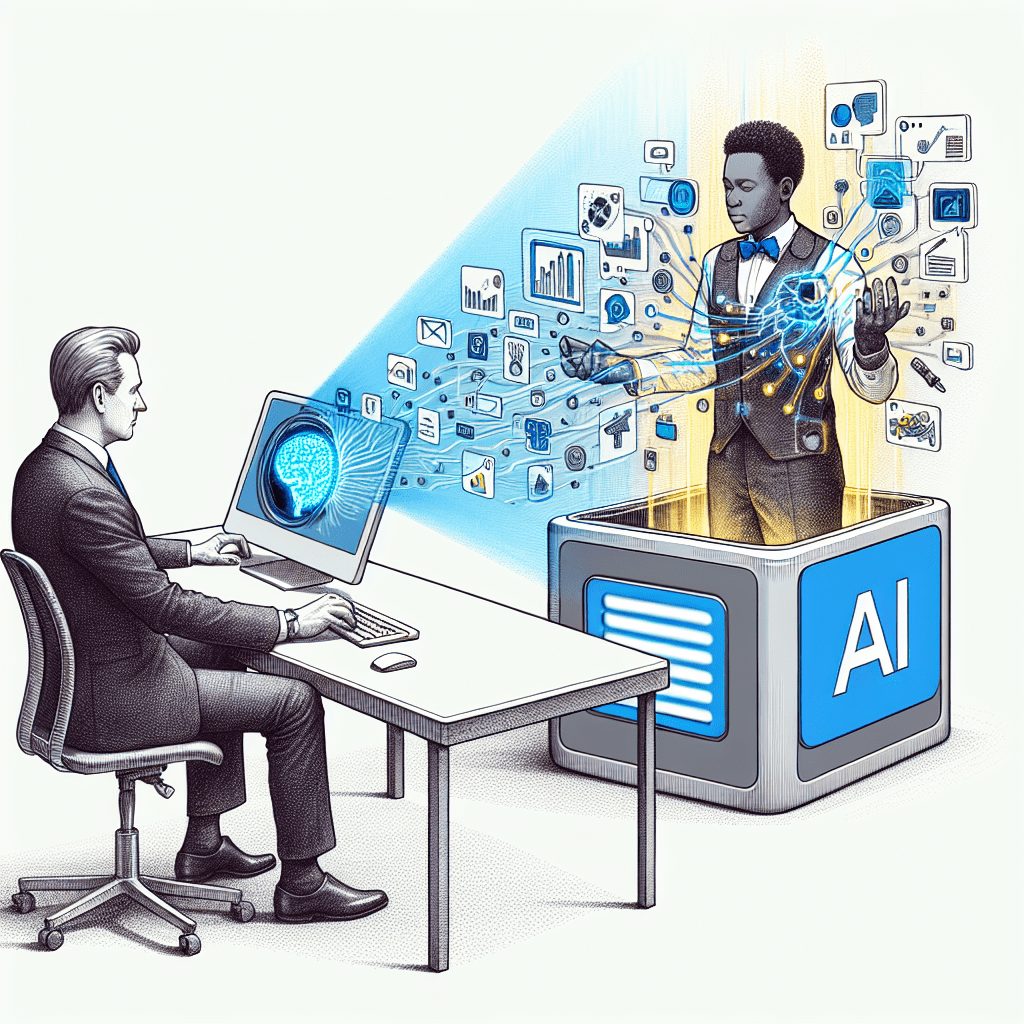
The Hype Surrounding AI
As an ardent believer in the transformative potential of AI, I am of the view that this revolutionary technology will greatly shape the world. However, there’s no denying that some companies exaggerate or overhype the capabilities of AI, specifically in the interest of generating more returns on investments.
It is worth noting that this kind of hype is common with any exciting and rapidly developing technology, more so when a fantastic amount of money is up for grabs. In fact, research findings reveal that startups that incorporate ‘AI’ in their operations attract between 15% and 50% more investment as compared to those without AI.
Busting The Myth: AI Washing
As such, it’s important for us as consumers to be able to distinguish between actual AI and the artificial versions concocted by sly marketing departments primarily concerned with sales. In this article, we will delve into the concept of AI washing, examining its scope, the individuals responsible, the inherent dangers, and most imperatively, how to spot it.
At the most basic level, AI washing entails grossly overstating the capabilities of a product or service which is marketed as ‘AI’. The primary aim is to portray the product or service as more sophisticated, innovative, or intelligent than is the reality. It’s a form of bandwagon jumping, taking its cue from similar practices like ‘greenwashing’, often used to falsely depict projects, products, or services as being more environmentally friendly than they actually are, with the end goal being to appeal to eco-conscious consumers.
Unmasking AI Washing
In their bid to convince unsuspecting consumers, these marketers also, often misleadingly, use the term ‘intelligent’ to describe software that does not use learning algorithms i.e., they lack the capability to learn and make decisions by themselves without explicit programming.
Moreover, AI-washers provide very vague definitions of the supposed ‘intelligent’ components of their products or services and those parts that rely on traditional software methodologies or need human input. They also tend to downplay the necessary degree of human input involved, either the service provider’s or the user’s.
In essence, AI washing can be equated to spackling go-faster stripes on a car without upgrading the engine. It allows marketers to capitalize on the buzz around AI without actually delivering anything genuinely remarkable.
The Problem With AI Washing
As harmless as this marketing strategy may seem, it poses very real challenges and risks. For instance, it can stifle true innovation as bona fide AI breakthroughs struggle for attention amid the clamor of numerous exaggerated claims.
AI washing also erodes consumer trust in AI as users become skeptical about industry claims. It creates problems for investors, who may miss opportunities to support genuinely innovative projects. Moreover, it can lead to inflated customer expectations around AI’s current capabilities, potentially leading to unrealistic business goals and targets.
AI Washing Examples
Several home appliances, such as refrigerators, kettles, vacuum cleaners, and thermostats, are often misleadingly labeled as ‘smart’ or ‘intelligent’ when a more accurate label would be ‘connected’. Despite having Internet connectivity and being controllable via apps, these devices usually cannot learn or operate autonomously as expected of bona fide AI applications.
Many companies claim to have tools that can automate video, copy, and content creation processes. However, in reality, significant human input is required to generate output of acceptable quality.
In one particular case, Coca-Cola was accused of AI washing after the company claimed that they had used AI to create a fresh drink flavor (Y3000). Despite this claim, Coca-Cola was vague about how AI was involved in the process, leading to critics pointing out that the company seemed to be dropping the AI name merely to appear more innovative than was actually the case.
The finance and investment sector is also not immune to AI washing. In a recent case, two investment companies were charged by the SEC for making ‘false and misleading statements’ regarding the extent of AI usage in their investment strategies.
How To Spot AI Washing
Some may argue that attempting to label every technological advancement as ‘AI’ equates to AI washing because computers are not yet capable of true intelligence. However, for the scope of this article, we will stick to the currently accepted definition of AI – software tools that can learn how to perform tasks when trained on data, rather than being explicitly programmed.
Essentially, spotting AI washing requires developing a skeptical eye for such claims. Look out for references to specific models, technologies, or algorithms, such as natural language processing, neural networks, or deep learning. Also, be wary of companies who are hesitant or unable to describe how their technology works. In some cases, such information might be found in case studies or white papers published on company websites.
If dealing with a sales representative, ask them to explain measures taken to avoid bias in their AI, as well as AI systems that produce fantastical, unreasonable outputs (AI hallucinations). Their inability to address these potential issues is a good indicator of probable AI washing. Such healthy skepticism is crucial for making better technology investment decisions and contributing to a more honest and transparent AI landscape in the future.
About HAL149 and Our IA Commercial Offer
HAL149 is a specialized AI company dedicated to developing and training AI-driven virtual assistants for business marketing. Our AI assistants focus on marketing and sales tasks such as lead generation, customer service, social profile maintenance, market analysis, and content creation. Thanks to HAL149, businesses become more competitive by enhancing their customer acquisition, maintaining constant availability, and providing improved online service through custom-trained GPT models. We invite you to contact us to learn more about our personalized services and the benefits of integrating AI for your business.

